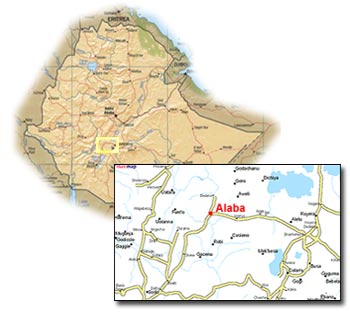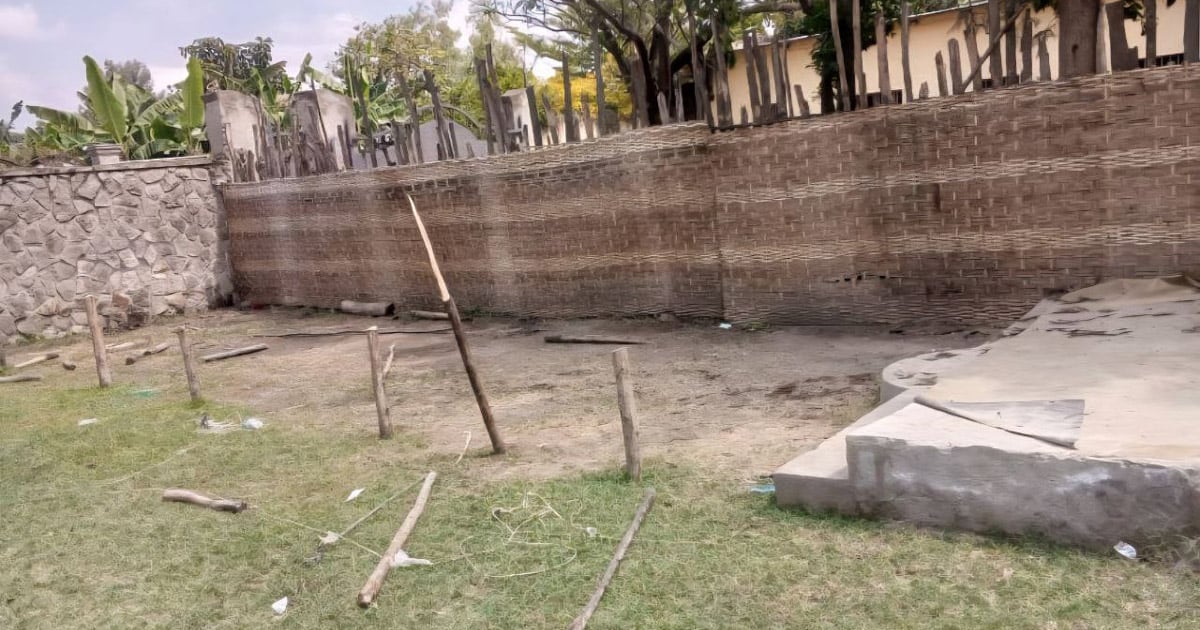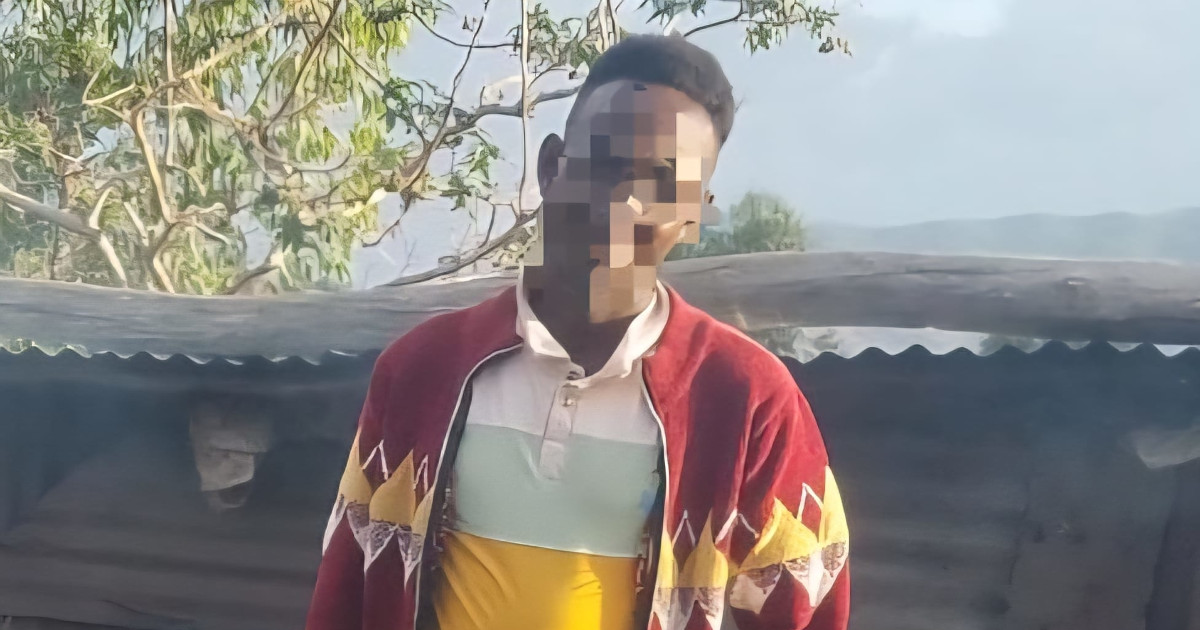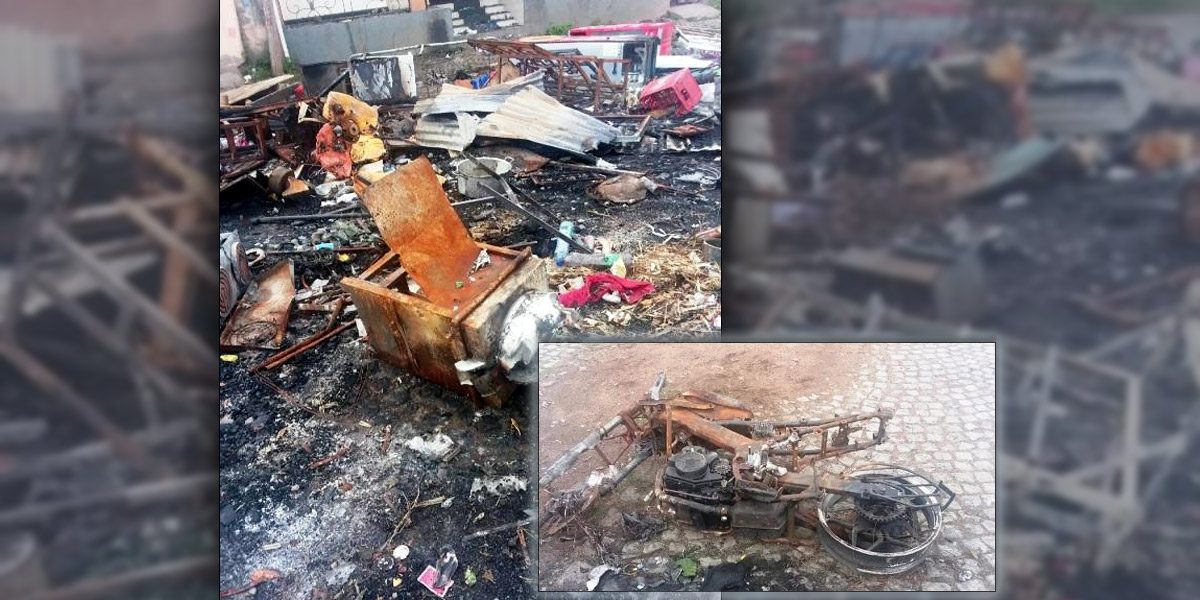
VOM sources in Ethiopia have compiled a disturbing report from the town of Alaba (K'olito) and surrounding area in the Southern Region of Ethiopia. VOM has documented recent cases of severe physical abuse, confiscation and destruction of property, extortion, kidnapping, forcible marriage and the unlawful imprisonment of evangelical Christians in the area. VOM has also learned of the martyrdom of a Christian student named Serkalem on February 1, 2005, who was repeatedly stabbed by assailants as he returned home from school. His family has appealed to authorities but if past experience is any indication, a proper investigation is unlikely.
VOM also learned that, on the same day, in Alaba, Hajji Husman Mohamed and his family were severely beaten, including his pregnant wife. For more than an hour, the attackers physically abused everyone in the house. Hajji, a former Muslim Imam, has suffered several times since his conversion to Christ in March 2003. Last December, all of his property was taken from him, including his furniture, cattle, and a year's supply of grain.
VOM has also received reports that, in early January, thirty-two believers were chased out of the village of Besheno, located approximately 30 km northeast of Alaba. The Muslims who organized the attack are now checking every vehicle entering the community to ensure that no Christians return.
Given the remote nature of much of Ethiopia, the Ethiopian Constitution has allowed a certain degree of flexibility in administering justice. It provides, for example, legal standing to some pre-existing religious and customary courts and gives federal and regional legislatures the authority to recognize other courts. By law, all parties to a dispute must agree before a customary or religious court may hear a case. Shari'a (Islamic) courts may hear religious and family cases involving Muslims. In addition, other traditional systems of justice, like councils of elders, continue to function in the country. Although not sanctioned by law, these traditional courts typically resolve disputes for the majority of citizens who lived in rural areas and who generally have little access to formal judicial systems. Unfortunately, this also opens up the system to abuse, such as is being seen in the region near Alaba. The Alaba self-governing administration is the first regional office in Ethiopia to have requested the government to implement Shari'a (Islamic) law. Ninety-nine percent of the population in Alaba is Muslim, with less than one percent being Ethiopian Orthodox. The tiny fraction remaining is Evangelical. Islam is the identity of the Alaba tribe. As one church leader put it to VOM sources, in this town, "Islam means Alaba and Alaba means Islam."
Pray for those who continue to serve Christ in Ethiopia, despite the many difficulties that they face. Pray for safety for Hajji and others suffering injustice and pain for their faith.
For more information on persecution of Christians in Ethiopia, click here.

 Population
Population


